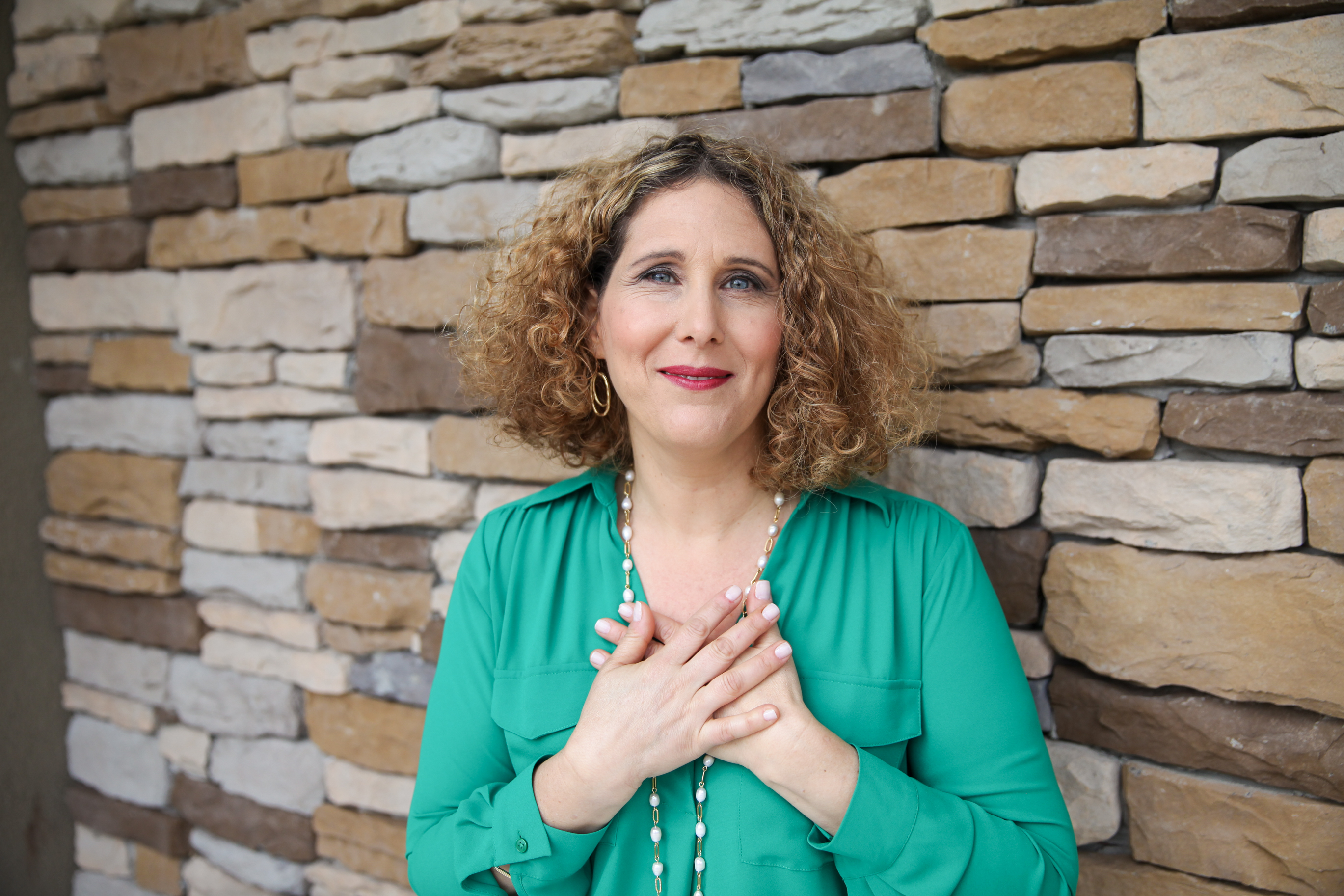17 years ago, on a hot November day (or maybe it was just me, the nine-month pregnant woman who thought it was hot), I was rushed to the hospital due to a lack of amniotic fluid. That day, my son was born after I was induced for hours. That kind of labor was not what I planned for. In my mind, I had a detailed plan for a natural delivery while breathing through the contraction, moving around freely sounded by people I love. In reality, I was lying on the bed surrounded by the stressed medical crew while not being able to relax my mind and my body.
To make a long story short, my son was born and rushed into the intensive care unit right away while I lost a massive amount of blood due to a medical error. This was not the beginning I had in mind for the two of us, but it was the beginning of my parenting journey; a journey that taught me more than anything else about the importance of emotional well-being in general and mental health in particular.
The beginning of the parenting journey was challenging. Suddenly, not only did I have to figure out how to breastfeed, change diapers, and give baths to a newborn, but I also found myself socially isolated. My husband got back to work, my parents lived 3 hours away, and most of my friends didn’t have babies at the time. I was home, all by myself, taking care of an entirely dependent creature while recovering from the massive blood loss, and that took a mental toll on me.
I remember sitting on a bench in the middle of the street crying uncontrollably while my seven-day-old son was sleeping in the stroller. I needed help, but I didn’t want to be a burden so I didn’t call anyone. On the outside, everything looked fine, but inside it felt as if I just buried my previous life and needed to adjust to someone else’s. I was mourning my lost freedom and physical health. With a hemoglobin level of 7.2, I could barely walk ten steps without feeling like I was about to pass out. If only I had the tools I have today, everything would have been much easier.
As all mothers (and fathers) know, having a newborn means not getting enough sleep. In the first few days, it’s the adrenaline rushing through your blood that keeps you alert even when you try to take a nap. Then, it’s the countless times you wake up to feed, or change a diaper, or because you think the baby isn’t breathing. I was so exhausted I couldn’t think straight, and it seemed as if this vicious cycle would never end.
Miraculously, I survived the sleepless nights, the isolation, and many other challenges each child brought along. We all do. The thing is that I realized that simply *surviving* is not good enough for me- I wanted to thrive- and that lead me to dig deep, ask a lot of questions, find answers, and implement them in my life.
These are the lessons I’ve learned from 17 years of parenting:
Get a good night’s sleep – This is the #1 most important thing on your list. Without proper sleep, our brains shut down, and we are unable to function. Lack of sleep affects everything and puts your well-being at risk. Personally, I sleep 7-8 hours every night. I rise early and go to sleep early. 9 pm is my bedtime!
Find a safe space to express your feelings – Emotional release is key to sustaining mental health. There’s a reason why we are equipped with the ability to cry, rage, laugh, or shake. Whether you’re a parent, a leader, a boss, or an employee, releasing emotions will contribute to your overall mental health and will allow you to think rationally about the next step. I talk about this in my book The Emotional Business IQ.
Surround yourself with support – and by that, I mean people you trust and with whom you can share everything. People who will be happy for you when you succeed and will lend their shoulders when you fail or feel like a failure. People who accept you for who you are.
I’m fortunate to have a handful of trustworthy friends and I’m thankful for them every single day.
Don’t argue with reality – whenever we try to argue with reality, we lose. Reality is always benign, and it is here to serve us. I learned that whether we experience difficulties with a child, a boss, or an employee, there’s a lesson in it for us. All you need to do is to acknowledge whatever is going on and come up with a plan to solve the problem.
It’s all about you – this is the most important lesson I’ve learned: things never happen *to* us, we create our reality. This is also the most challenging principle to accept because it brings the ball back into our court. And that means that we need to take responsibility for our actions and do some serious inner work. Being a parent means that in order to be there for your kids and support them in the best possible way, you need to ask yourself on a daily basis, “what’s going on inside me that doesn’t allow me to be fully present for them?”
They will push your buttons, and you need to do some emotional cleaning to become better at this parenting business.
Whether it is parenting or leading an organization, taking care of our emotions or healing our past, understanding that we are responsible for our actions is vital for sustaining our overall well-being.


